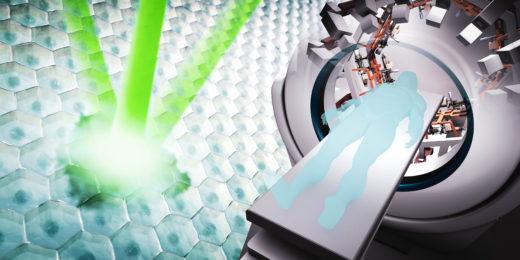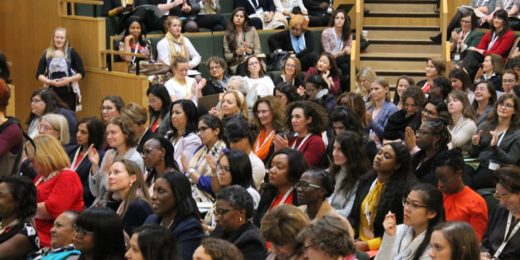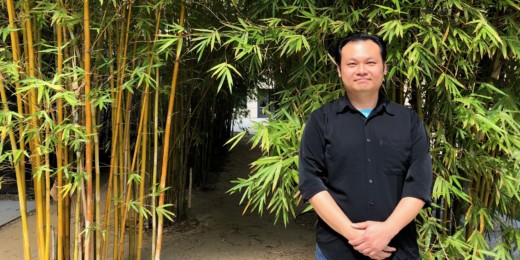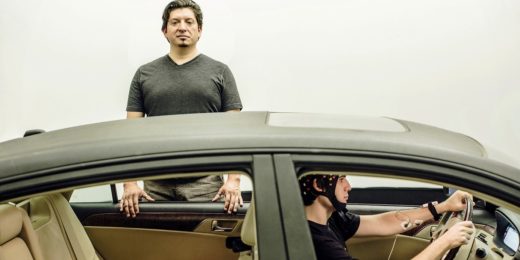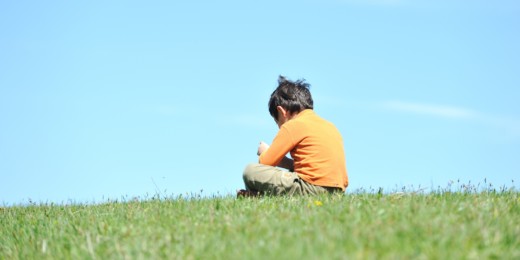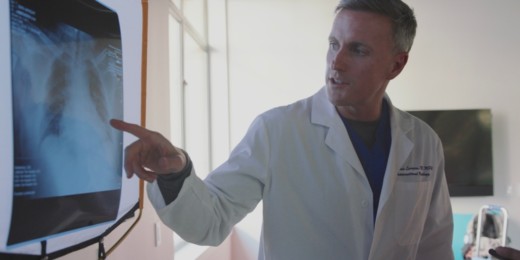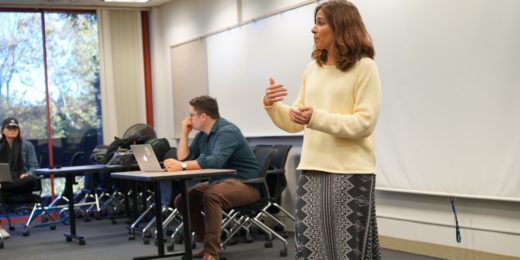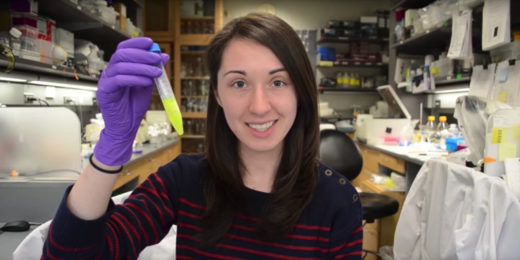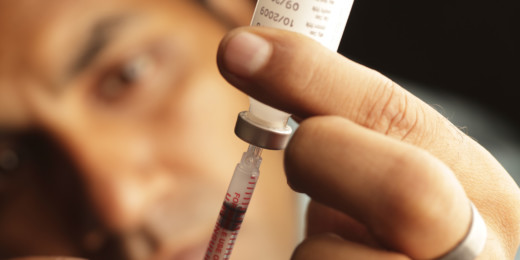The U.S. Preventative Services Task Force encourages those who are at high risk of contracting HIV to take a daily pre-exposure drug.
Month: November 2018
Blasting radiation therapy into the future: New systems may improve cancer treatment
Stanford and SLAC researchers are developing new technology to dramatically reduce the duration of radiation therapy and its treatment side effects.
Immunotherapy for peanut allergies: A Q&A
Sharon Chinthrajah weighs in on a new peanut allergy immunotherapy, speaking to its potential and its role in the future of food allergies therapy.
National anti-smoking campaign helps smokers with mental health conditions try to quit
An anti-smoking ad campaign featuring a woman with depression helps smokers with mental health conditions attempt to quit.
Seeds of a movement: Women global health leaders gather in London
Begun at Stanford, the Women Leaders in Global Health conference is working to empower women in the global health community.
In the Spotlight: “Science is like meditation”
In this In the Spotlight Q&A, Yaw Shin Ooi, a postdoctoral fellow in microbiology and immunology shares his thoughts on science, Buddha, and more.
Tackling a sticky surgical complication, Stanford researchers identify culprit and potential treatment
Abdominal adhesions can have lasting, significant consequences. Now Stanford researchers have identified the cells responsible and a possible treatment.
Compensation for kidneys would help the poor, study finds
A government program providing market-value, noncash compensation to kidney donors would benefit poor people and not be exploitative, according to a study.
Using technology to make commuters not-so-fast and not-so-furious
Robots, virtual meditation and steering wheels that sense stress are all part of a researcher's plan to create an environment that enhances your well-being.
A neurologist on labor and delivery? Lessons from fourth-year rotations
A fourth-year medical student outlines the benefits of completing an ob-gyn rotation and delivering babies, despite having no plans to work in that area.
Home videos as a tool for autism diagnosis
Stanford biomedical data scientist Dennis Wall and his team are using brief home videos of kids to help make rapid diagnostic decisions about autism.
AI, doctors team up to improve, expedite diagnoses
Scientists create algorithms that read X-rays and MRIs in an effort to enhance doctor's diagnoses of certain disease and injury.
Class on human trafficking aims for change
A Stanford University class hopes to increase awareness and understanding of human trafficking and improve resources to detect, treat and decrease it.
Investing in doctor wellbeing is just good business, Stanford study finds
Physician burnout leads to higher job turnover rates and increased financial costs to institutions, Stanford researchers find.
Science video phenom concludes graduate career, videos at Stanford
Alex Dainis, who produces popular science videos, has wrapped up her graduate work at Stanford and is moving on to a career in science communication.
With rising demand for insulin, half of those in need will lack access in 2030, new study suggests
Access and cost of insulin is affecting those who need it most, and without major improvements, millions will be without a treatment, a new study suggests.



